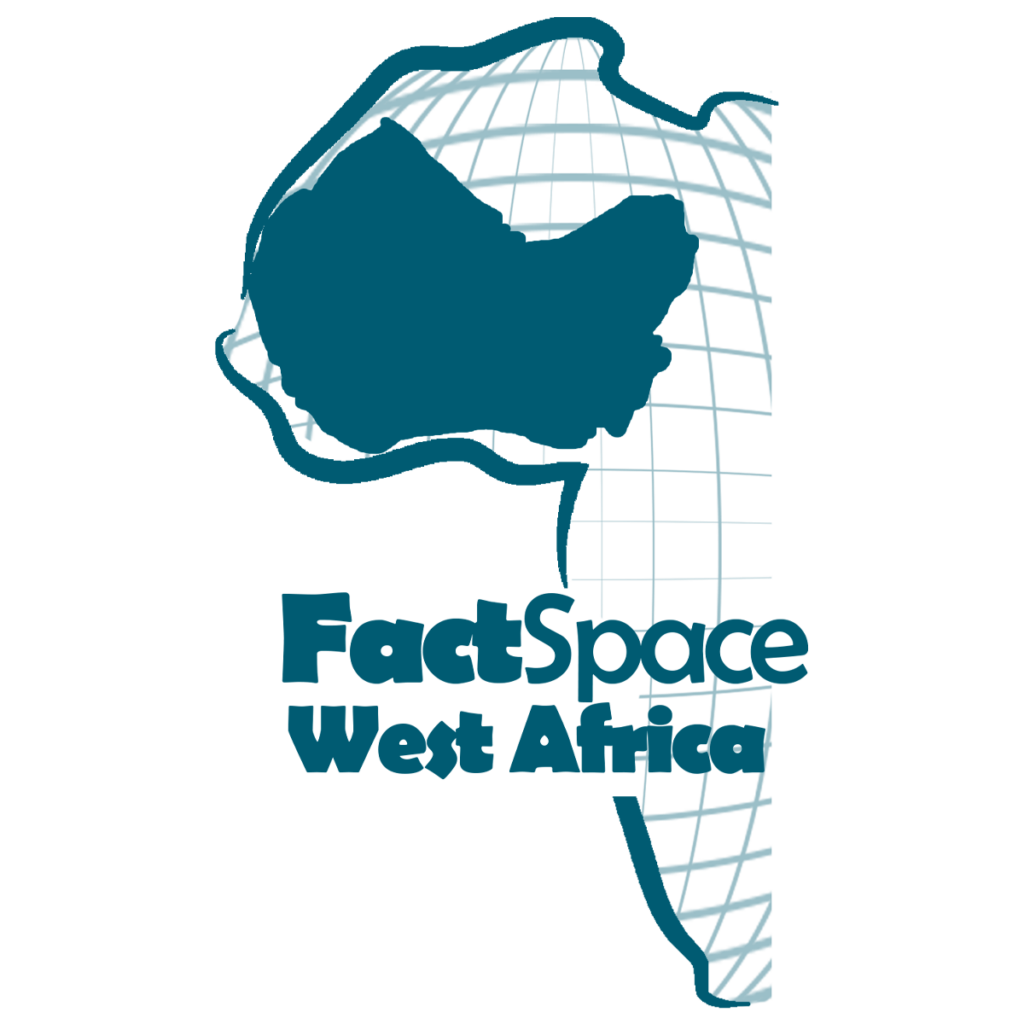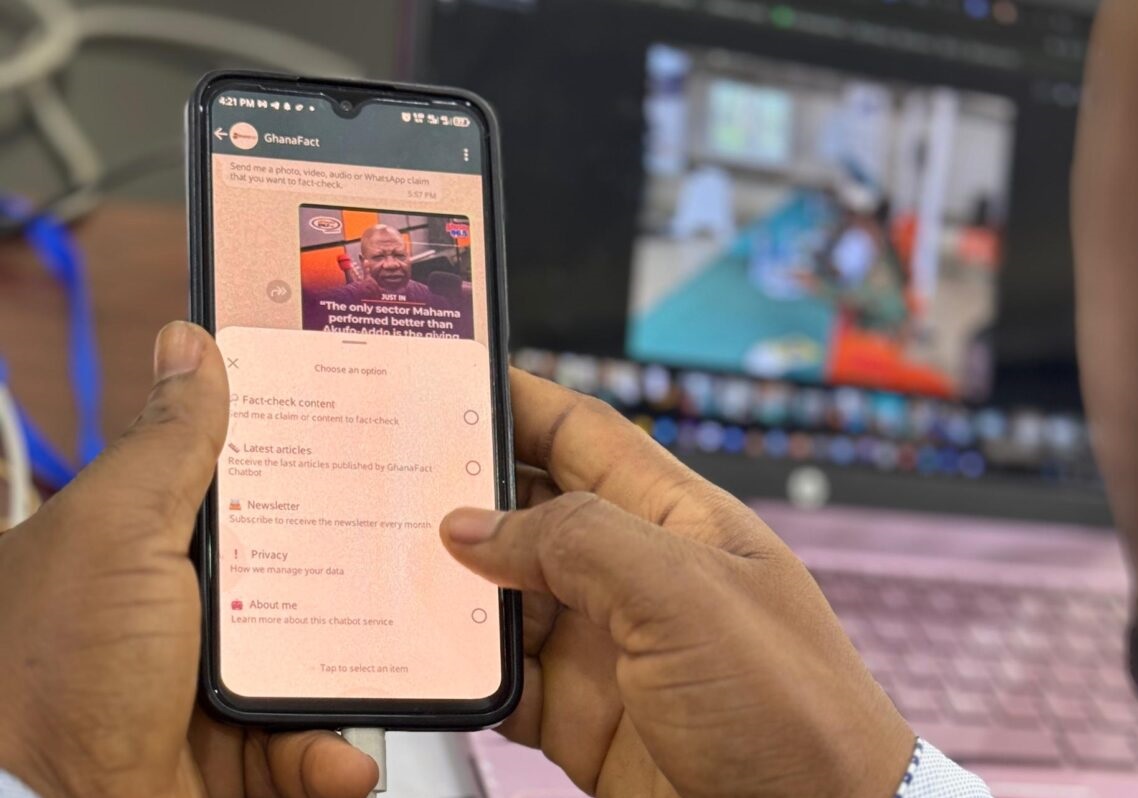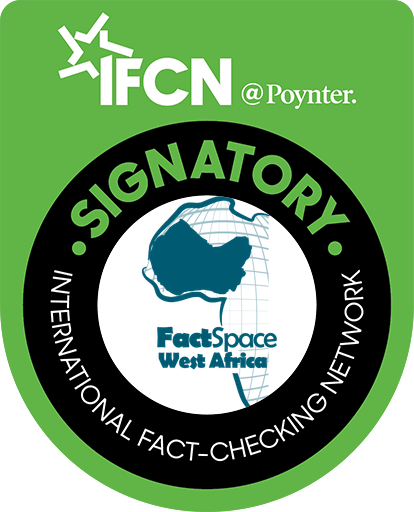Tamale, 30 November, FSWA—FactSpace West Africa has launched a chatbot for the pre-bunking and monitoring of claims before, during, , and after Ghana’s 2024 elections scheduled for December 7, 2024.
The chatbot, which was launched with support from the International Fact-Checking Network (IFCN), will compliment the work of fact-checkers working to combat information disorder during the polls.
It would also assist journalists and members of the general public to submit claims and get timely fact-check reports.
Launching the chatbot, the Executive Director of FactSpace West Africa, Rabiu Alhassan, noted that it will aid journalists in verifying facts efficiently. “This tool will enable media professionals to seek clarity and verify facts before sharing them with the public,” he added.
Click the link to learn more about the chatbot: https://wa.me/233244499971).
The November 30 launch was during a pre-election training for selected journalists in the northern zone of Ghana.
The journalists were drawn from media houses in the Upper West, Upper East, North East, Savanna and Northern regions and were trained on basic fact-checking, cybersecurity threats and tactics in the lead-up to, during, and even beyond the elections.
The training was sponsored by Google News Initiative, Africa Check, Fojo Media Institute and the Ghana Centre for Democratic Development (CDD-Ghana) and forms part of the Ghana Fact-Checking Coalition (GFC) activities.
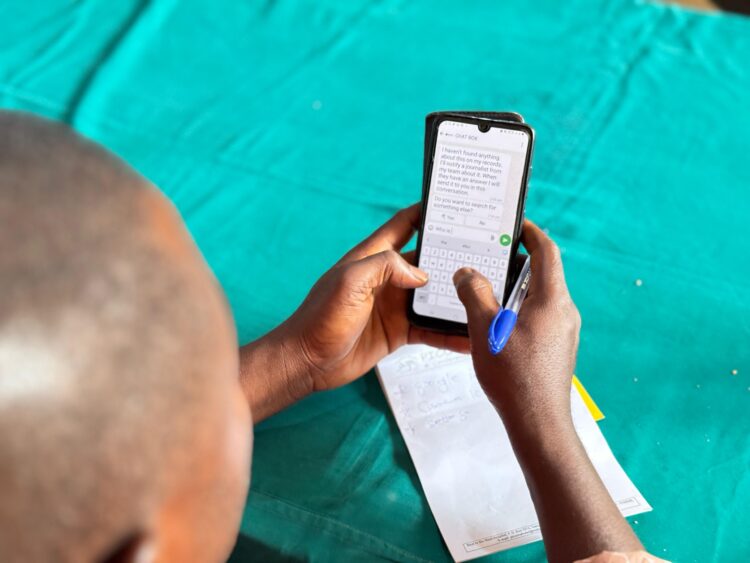
Rabiu urged journalists to prioritise fact-checking to curb misinformation as the country gears up for the election.
He stressed the critical role of journalists in safeguarding democratic processes by ensuring the accuracy of the information they disseminate. “Media integrity is key to combating misinformation that could potentially disrupt elections,” he stated.
Sharon Willis Brown-Acquah, Program Officer at CDD-Ghana, noted that a recent report by DW Akademia highlighted that over 95% of the population in Northern Ghana rely on radio as their main source of information, underscoring the urgent need for trained journalists who can accurately represent the needs and challenges of their communities.
Sharon noted that the Ghana Fact-Checking Coalition was taking proactive and very deliberate steps to combat misinformation and disinformation as we approach the 2024 general elections.
Kwaku Sarpong Manu, the Manager for the Computer Emergency Response Team at the Cyber Security Authority, emphasized the importance of accurate reporting in combating online misinformation and disinformation. He urged media organizations to actively monitor social media platforms for misleading content and provide timely corrections.
“As elections draw near, it is crucial for us to educate ourselves on identifying and countering misinformation,” he remarked.
The workshop provided hands-on training to journalists, equipping them with tools and strategies to enhance their fact-checking capabilities. Participants were divided into regional groups to identify potential misinformation hotspots and discuss strategies to address them.
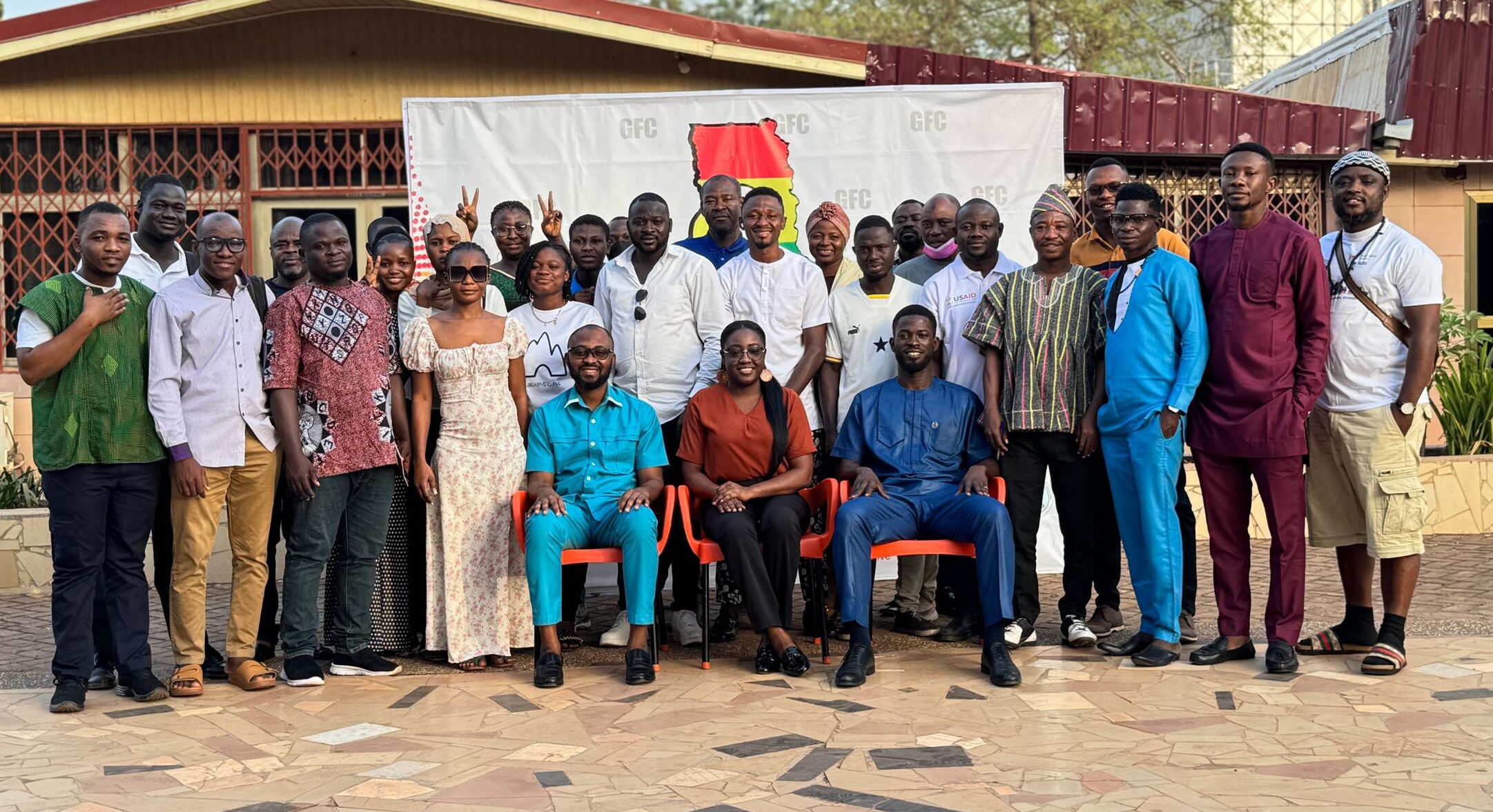 At the end of the workshop, many journalists expressed appreciation for the training. “I feel more confident in my ability to fact-check information using these new tools,” said one participant.
At the end of the workshop, many journalists expressed appreciation for the training. “I feel more confident in my ability to fact-check information using these new tools,” said one participant.
The initiative underscores the importance of empowering the media to uphold accuracy and credibility of information, fostering a well-informed electorate as Ghana approaches a pivotal election period.
By Julius Kofi Satsi
